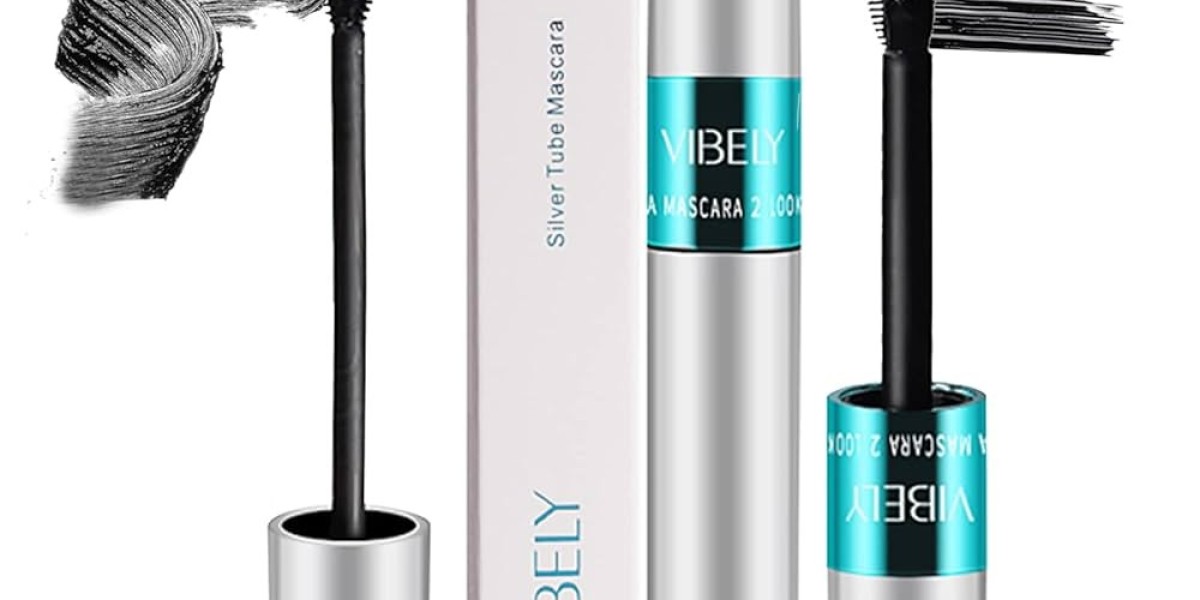A bright, white smile has become a symbol of confidence and good oral care. Over the past decade, teeth whitening procedures have grown in popularity, offering individuals a simple way to enhance their appearance. Whether undertaken in a professional dental setting or at home with over-the-counter products, whitening treatments can provide impressive results. However, while the process is generally safe, it is not without potential post-treatment issues. Understanding how to prevent complications after whitening is essential for maintaining both a radiant smile and long-term oral health.
Understanding Post-Whitening Sensitivity
Tooth sensitivity is a common side effect of whitening, caused by bleaching agents penetrating enamel and irritating the dentin. It often feels like tingling or discomfort when eating hot, cold, or acidic foods. Gum irritation may also occur if gels touch soft tissues, typically temporary but requiring attention if persistent.
Typical Post-Whitening Symptoms:
Mild tingling or ache in teeth
Sensitivity to hot or cold drinks
Temporary gum redness or soreness
Recognising these symptoms early allows individuals to take immediate steps to minimise discomfort and prevent further complications.
Common Post-Whitening Issues
While sensitivity and gum irritation are the most frequently reported side effects, several other post-whitening issues can arise if proper care is not taken. Understanding these potential problems is vital to avoiding long-term consequences.
Tooth Sensitivity
Tooth sensitivity after whitening is usually temporary but can last from a few days to over a week in some cases. The intensity varies depending on factors such as the concentration of bleaching agents used and individual enamel thickness. Persistent sensitivity should not be ignored, as it may indicate enamel damage or an underlying dental issue.
Gum Irritation
Gum irritation occurs when bleaching agents come into contact with the gums. At-home whitening trays or misapplied gels are particularly prone to causing this problem. Symptoms include redness, soreness, and swelling. While typically short-lived, severe or prolonged irritation requires professional evaluation.
Uneven Colour
Whitening treatments may not produce uniform results across all teeth. Restorations such as crowns, veneers, and fillings do not respond to bleaching agents in the same way as natural teeth. As a result, individuals may notice patchy or uneven whitening, which can affect the overall aesthetic of the smile.
Enamel Weakening
Excessive use of whitening products or high-concentration bleaching agents can compromise enamel integrity. Enamel erosion can increase the risk of tooth decay and sensitivity. Therefore, moderation and adherence to professional guidance are crucial to protecting dental health.
Post-Whitening Issue | Symptoms | Duration |
Tooth Sensitivity | Tingling, discomfort | 1–7 days |
Gum Irritation | Redness, soreness | 1–5 days |
Uneven Colour | Patchy whitening | Variable |
Enamel Weakening | Thinner enamel, increased decay | Long-term if untreated
|
Preventive Measures Immediately After Treatment
The first 24–48 hours after a whitening procedure are critical for preventing complications. Following simple post-care steps can make a significant difference in comfort and outcome.
Practical Tips for Immediate Care
Avoid very hot, cold, or acidic foods and drinks: Citrus fruits, coffee, and carbonated beverages can aggravate sensitivity and cause temporary discomfort.
Use a soft-bristled toothbrush: Gentle brushing helps prevent enamel abrasion and reduces irritation to sensitive teeth.
Rinse with water after consuming staining foods or drinks: This helps reduce the risk of surface stains immediately after treatment.
Consider toothpaste for sensitive teeth: Specially formulated pastes can help desensitise teeth over time.
Follow all post-treatment instructions provided by the dentist: Guidance from your provider ensures safe recovery and better results.
Quick Tip Box:
Top 3 Foods to Avoid Immediately After Whitening
Coffee and tea
Red wine and dark berries
Citrus fruits and juices
By taking these precautions, you can minimise discomfort and protect your teeth from immediate post-treatment issues.
Long-Term Care to Maintain Whitening Results
Post-whitening care does not end after a few days; long-term strategies are essential to preserving your results and avoiding relapse.
Key Strategies for Long-Term Maintenance
Consistent Oral Hygiene: Brushing twice daily, flossing, and using an antibacterial mouthwash help maintain enamel health and prevent staining.
Regular Dental Check-Ups: Visiting a professional dentist for routine examinations and cleanings ensures that any issues are caught early.
Limiting Staining Foods and Drinks: Coffee, tea, red wine, and heavily pigmented foods can diminish whitening results over time. Moderation is key.
Avoid Tobacco Products: Smoking or chewing tobacco can quickly reverse whitening results and negatively impact oral health.
Professional Touch-Ups: Periodic touch-ups under the supervision of a private dentist in Blackpool can maintain brightness safely without overexposing enamel to bleaching agents.
Bullet-point lists like these make it easier for readers to follow actionable advice, ensuring long-term success and satisfaction.
Additional Tips for a Comfortable Whitening Experience
To maximise comfort and safety, consider these additional tips:
Use whitening products recommended by your dentist rather than unverified DIY remedies.
Avoid overusing whitening products; more frequent applications do not necessarily produce faster results.
Maintain a balanced diet rich in calcium and vitamins, which support enamel health.
Hydrate well; drinking water can reduce staining and sensitivity.
Track your whitening results with photographs to monitor progress safely without overusing products.
These practical measures not only help prevent post-whitening issues but also contribute to overall oral health.
When to Consult a Dentist
Even with careful post-whitening care, some issues may require professional attention. Recognising the right time to visit a dentist is vital for protecting both the look and overall health of your teeth.
Situations Requiring Professional Advice:
Persistent or severe tooth sensitivity
Ongoing gum irritation or inflammation
Uneven whitening or dissatisfaction with the cosmetic outcome
Signs of enamel erosion or other dental concerns
Seeking guidance from a teeth whitening Blackpool specialist ensures that any complications are addressed promptly. Professional evaluation can prevent minor issues from escalating into long-term problems.
Video Link : https://vimeo.com/1063054332/3121bca00f?share=copy
Conclusion
Teeth whitening can be a safe, effective way to enhance your smile, but careful post-treatment care is crucial. By understanding potential issues such as tooth sensitivity, gum irritation, uneven colour, and enamel weakening, individuals can take proactive steps to maintain their results. Following professional guidance, avoiding staining foods, and practising consistent oral hygiene are all essential components of a successful whitening experience.
For those seeking tailored advice and safe, long-lasting results, consulting a private dentist is highly recommended. By following expert guidance and the right aftercare, you can achieve a bright, confident smile while safeguarding your oral health. In Blackpool, we are committed to supporting you in keeping your smile healthy and beautiful.







